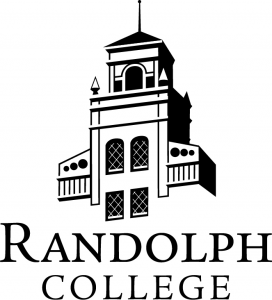Detailed study and discussion of a problem or topic in contemporary philosophy, selected according to the interests and needs of the students enrolled. Examining Cultures, Engaging Thought, and Logic requirements must be fulfilled before enrolling in Senior Seminar. Credit hours: 4. Prerequisite: senior standing or permission of instructor.
- Teacher: Kaija Mortensen
An advanced study of the views of contemporary philosophers on the mind and its place in nature. Topics include the mind-body problem, consciousness, and the problem of other minds. Students will also reflect on the relationship between scientific and philosophical investigation of the mind. The nature of representation, free will, concepts, emotions, perception, and the self may also be discussed. Credit hours: 4. Prerequisite: six hours of philosophy and/or psychology (excluding PSYC 2127).
- Teacher: Kaija Mortensen
This course addresses a foundational question in the realm of civic pluralism: how can we converse with people who are very different from us? In this course, we will 1) examine canonical conceptions of rational deliberation and their limitations and 2) develop practical skills for engaging in genuine conversations about polarizing topics. Credit hours: 4. (HE)
- Teacher: Suzanne Bessenger
- Teacher: Kaija Mortensen
Detailed study and discussion of the work of a major philosopher or philosophical movement. Topics vary from year to year. May be repeated for credit when topic differs. Credit hours: 4. Prerequisite: junior standing or permission of instructor.
- Teacher: Suzanne Bessenger
A survey of philosophical thinking about the nature of art. Students explore the most influential theories of art offered by philosophers from Plato to the present. Additional topics include the nature of artistic inspiration; the social function of art; art versus craft; art versus entertainment, aesthetic judgment, and the evolutionary origins of art and beauty. Identical with ARTH 2280. Credit hours: 4. (HE,WI)
- Teacher: Chris Cohen
An introduction to formal logic covering propositional logic and predicate logic. Attention is given to the nature of proof in formal theories and to the evaluation of arguments in natural language. Credit hours: 4. Prerequisite: sophomore standing or CPHL 1175.
- Teacher: Kaija Mortensen
An introduction to philosophical thinking about morality and public life. Readings address concrete issues such as world hunger, racism, sexual misconduct, and vegetarianism, as well as theoretical topics such as human happiness, the nature of right and wrong, and the relationship between morality and law. Credit hours: 4. (HE)
- Teacher: Kaija Mortensen
Legendary educator Socrates claimed, “the unexamined life is not worth living,” highlighting the crucial role of philosophy in a life well lived. In the first half of the course, we survey the origin and evolution of philosophy in western cultures of the classical and medieval period through close attention to its pioneering questions, methods, and insights. In the second half, we consider the revolution in philosophy prompted by the challenge of reconciling classical thought with the rise of the new science and a new mechanistic view of the universe. Credit hours: 4. (HE)
- Teacher: Vincent Vecera
Students will gain first-person experience in the practice of secular meditation techniques that enhance well-being, concentration, learning, creativity, and stress-reduction, as well as a brief introduction to the historical context of these practices. Repeatable for credit. Credit hours 0.5.
- Teacher: Suzanne Bessenger
